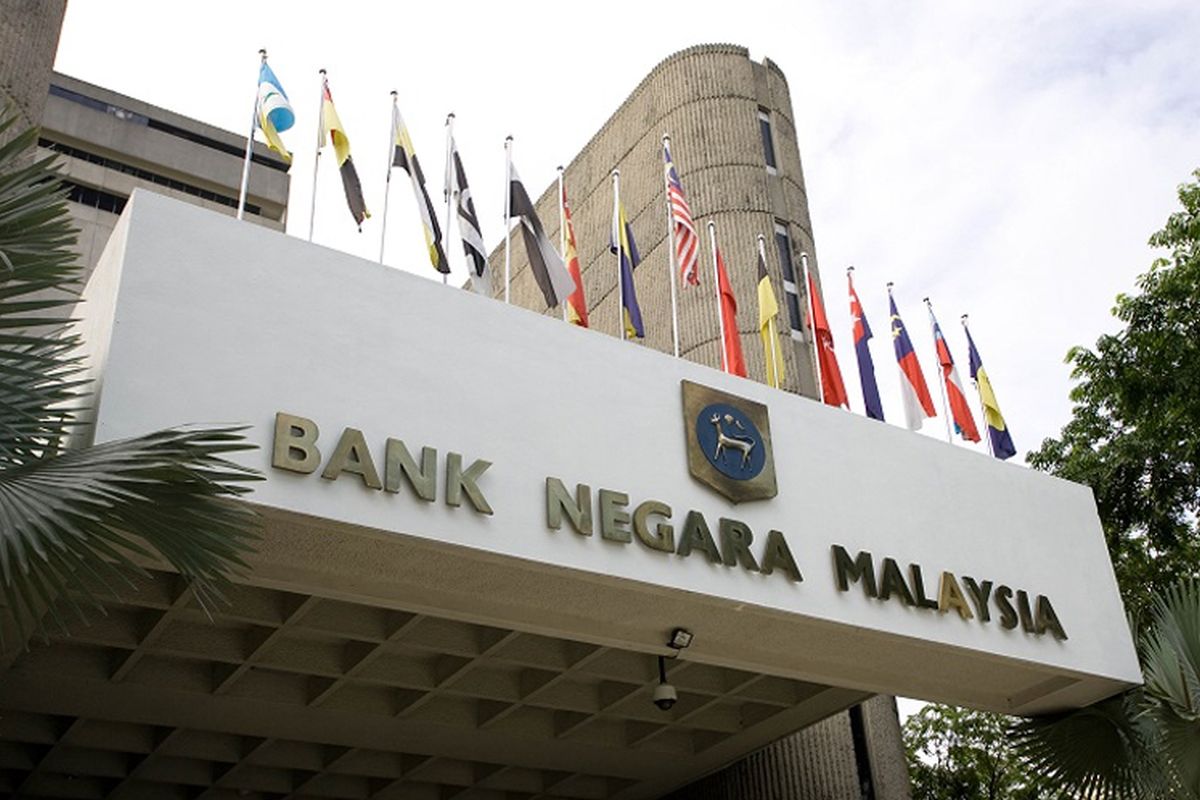
KUALA LUMPUR (July 6): Bank Negara Malaysia (BNM) said on Wednesday (July 6) its Monetary Policy Committee (MPC) decided to increase the overnight policy rate (OPR) by 25 basis points (bps) to 2.25% as the unprecedented Covid-19-driven conditions that necessitated a historically low OPR continued to recede.
The ceiling and floor rates of the OPR's corridor are correspondingly increased to 2.5% and 2.0% respectively, according to the central bank.
"Amid the positive growth prospects for the Malaysian economy, the MPC decided to further adjust the degree of monetary accommodation. This is consistent with the MPC’s view that the unprecedented conditions that necessitated a historically low OPR have continued to recede," BNM said.
"At the current OPR level, the stance of monetary policy remains accommodative and supportive of economic growth. The MPC will continue to assess evolving conditions and their implications for the overall outlook to domestic inflation and growth.
"Any adjustments to the monetary policy settings going forward would be done in a measured and gradual manner, ensuring that monetary policy remains accommodative to support a sustainable economic growth in an environment of price stability," BNM said.
The central bank said the reopening of the global economy and improvement in labour market conditions continued to support the recovery of economic activity.
However, these have been partly offset by the impact of rising cost pressures, the military conflict between Russia and Ukraine, and strict Covid-19-driven containment measures in China.
"Inflationary pressures have continued to increase mainly due to elevated commodity prices and strong demand conditions despite some easing in global supply chain conditions.
"Consequently, central banks are expected to continue adjusting their monetary policy settings, some at a faster pace, to reduce inflationary pressures.
"Going forward, the pace of global growth is expected to moderate, and will continue to be affected by elevated cost pressures, the conflict in Ukraine, global supply chain conditions and financial market volatility," BNM said.
On the Malaysian economy, the central bank said the country's economic activity continued to strengthen in recent months.
Exports and retail spending indicators have affirmed the nation's economic growth momentum, supported by the country's transition to Covid-19 endemic status from pandemic previously, according to BNM.
"In the labour market, the unemployment rate declined further, with higher labour participation and improving income prospects. Looking ahead, while external demand is expected to moderate, weighed by headwinds to global growth, [Malaysia's] economic growth will be supported by firm domestic demand.
"Additionally, the reopening of international borders since April 1, 2022 would facilitate the recovery of tourism-related sectors. Investment activity and prospects continue to be supported by the realisation of multi-year projects.
"However, downside risks to growth continue to stem from a weaker-than-expected global growth, further escalation of geopolitical conflicts, and worsening supply chain disruptions," BNM said.
On inflation, the central bank said that year-to-date in 2022, Malaysia's headline inflation, as measured by the Consumer Price Index, averaged 2.4%.
While the country's inflation is projected to remain within the 2.2% to 3.2% forecast for the year, the nation's headline inflation may be higher in some months due mainly to the base effect of electricity prices, according to BNM.
"Underlying inflation, as measured by core inflation, is expected to average between 2% and 3% in 2022 as demand continues to improve amid the high-cost environment. Nevertheless, the extent of upward pressures on inflation will remain partly contained by existing price controls, fuel subsidies and continued spare capacity of the economy.
"The [Malaysian] inflation outlook continues to be subject to global commodity price developments, arising mainly from the ongoing military conflict in Ukraine and prolonged supply-related disruptions, as well as domestic policy measures," BNM added.
On May 11, 2022, the MPC increased the OPR by 25 bps to 2% from a record low of 1.75% as global inflationary pressures increased sharply and after taking into account that sustained reopening of the global economy and improvement in labour markets continued to support the recovery of economic activity from the impact of Covid-19-driven movement restrictions.
The OPR at 1.75% was the lowest on record, according to data dating back to 2004 on the central bank's website.
The OPR had been maintained at 1.75% since July 7, 2020, when BNM cut the rate from 2% following the Covid-19 outbreak that began in early 2020.
TOP PICKS BY EDGEPROP

Pusat Bandar Puchong
Bandar Puteri Puchong, Selangor

Subang Hi-tech Industrial Park
Subang Jaya, Selangor

Sri Pinang, Bandar Puteri Puchong
Puchong, Selangor

Taman Wawasan, Pusat Bandar Puchong
Puchong, Selangor

Taman Wawasan, Pusat Bandar Puchong
Puchong, Selangor

Taman Wawasan, Pusat Bandar Puchong
Puchong, Selangor

Taman Wawasan, Pusat Bandar Puchong
Puchong, Selangor

Taman Wawasan, Pusat Bandar Puchong
Puchong, Selangor

















